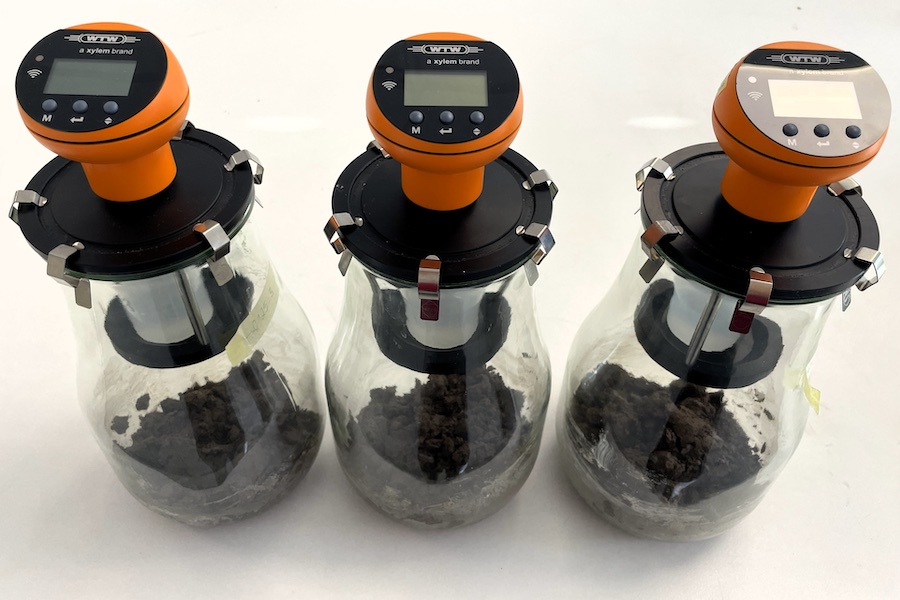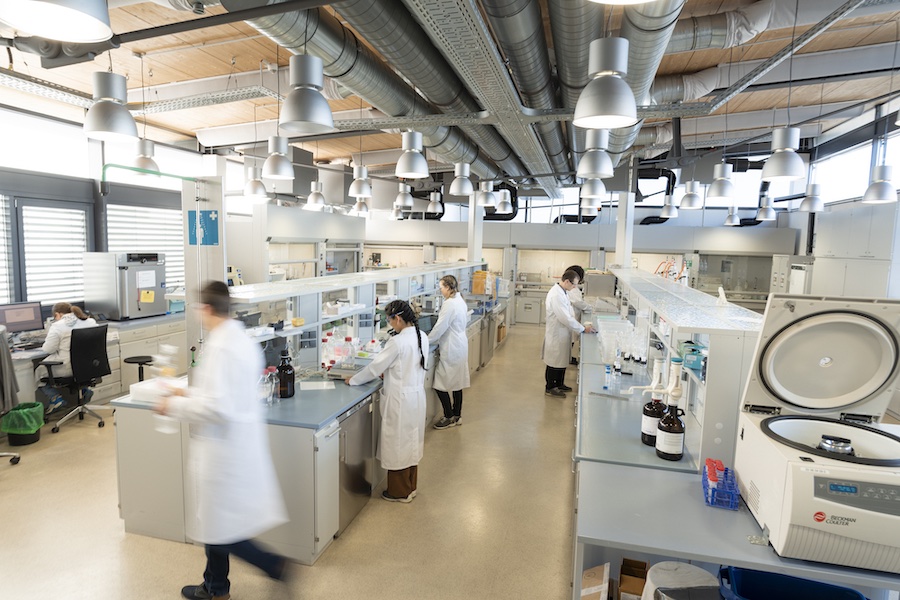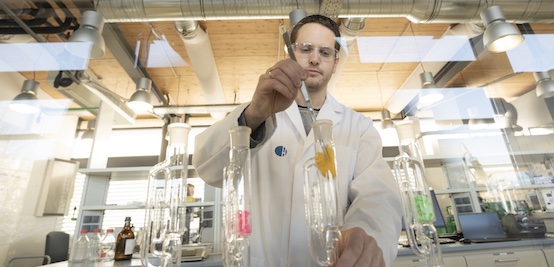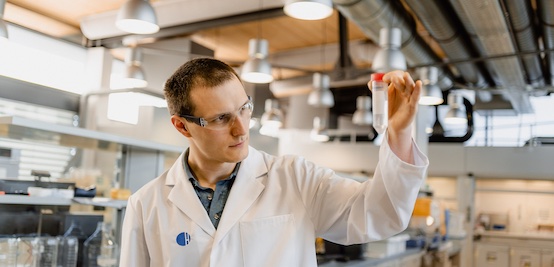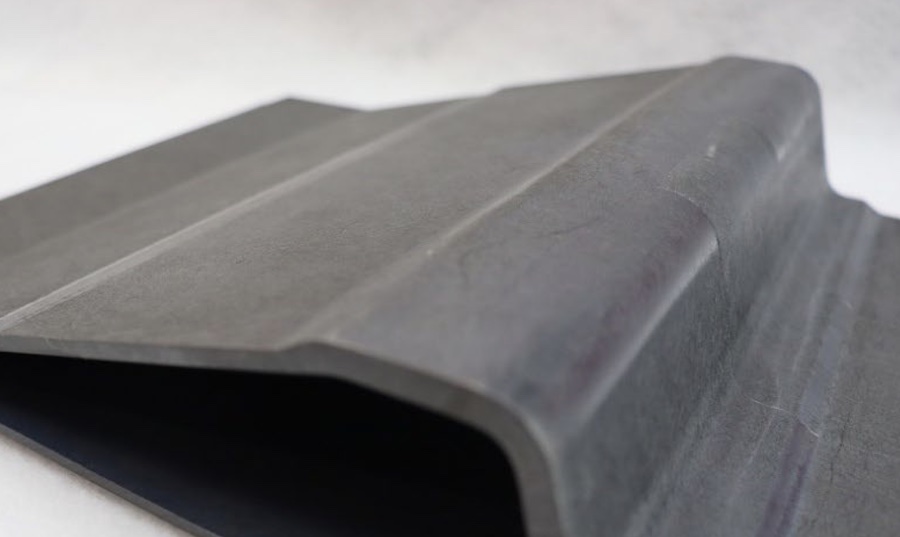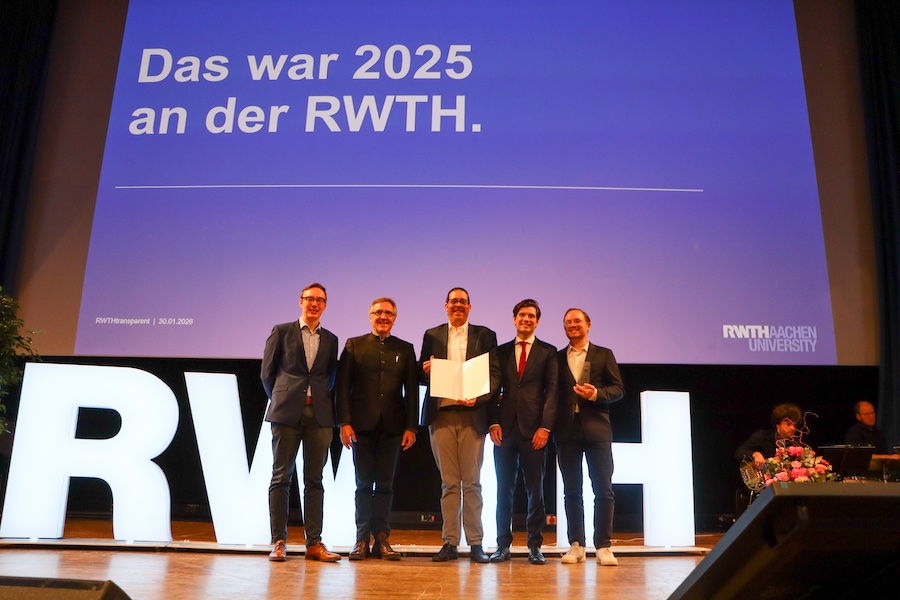#Research & Development
Hohenstein and DuPont are developing innovative tests for ballistic protective vests
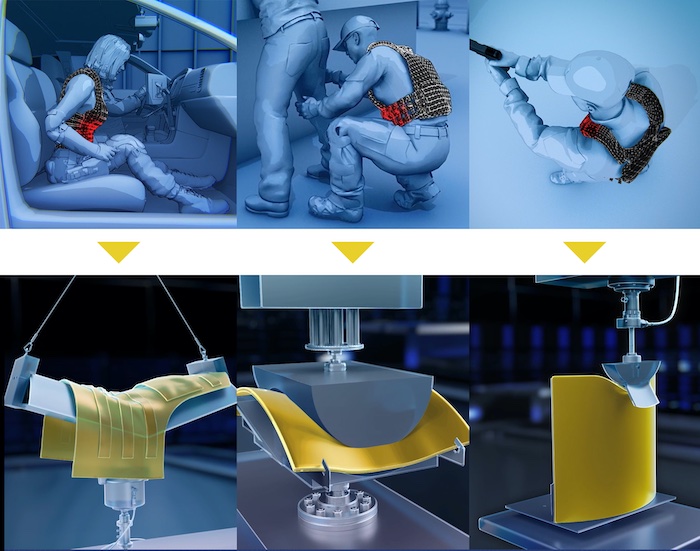
An interdisciplinary and intercompany team of DuPont and Hohenstein experts developed the test methods, which guarantee a reliable assessment of the specific ergonomic comfort characteristics. “It is in the DNA of Hohenstein to get as close as possible to the user’s reality,” said Dr. Jan Beringer, Senior Scientific Expert at Hohenstein. “With dedicated wear trials, possible discomfort and movement restrictions were determined. Then, leveraging on decades of expertise, tests and equipment to simulate the wearer's experience were designed, in close collaboration between DuPont and Hohenstein.”
"To meet the critical needs of law enforcement and military personnel, maximizing comfort and flexibility in soft ballistic solutions is essential. Developing test methods to evaluate pain and mobility constraints is an important first step. By leveraging Hohenstein's recognized expertise in textile and wearability, we can advance these solutions to the industry and enhance wearer comfort, allowing personnel to perform their duties with greater efficiency," said Christophe Djololian, Global Market Development Leader at DuPont.
Three Comfort and Mobility Tests
The Lower Costal Bending (LCB) test replicates the bending movement of an upper body. On duty, movements involving multiple bends lead to energy loss and accelerated exhaustion for the wearer. The LCB test quantifies lost energy due to the stiffness of a ballistic garment.
To maximize mobility, ballistic solutions must adapt to the wearer's body. The Double Curvature Compression (DCC) test replicates the shape of a curved torso and uses digital imaging to assess the gear’s adaptability and mobility in applicable user situations.
Where the edges of a ballistic vest meet the body - on the lower abdomen, neck or arm - the pressure can cause discomfort. The Edge Pressure (EP) test replicates the shape of the arm and the curvature of a ballistic vest. The EP test quantifies discomfort generated at localised pressure points.
The three test methods to characterize Comfort & Mobility constraint for soft ballistic applications are available from Hohenstein. “Depending on the requirements, we offer different solutions,” explains Dr. Jan Beringer. “Certified third party and independent testing can be carried out by the experts in Hohenstein's PPE labs, on specially designed equipment. The test devices are also available for purchase to facilitate product development by body armour manufacturers and solution assessment by end-users.”



